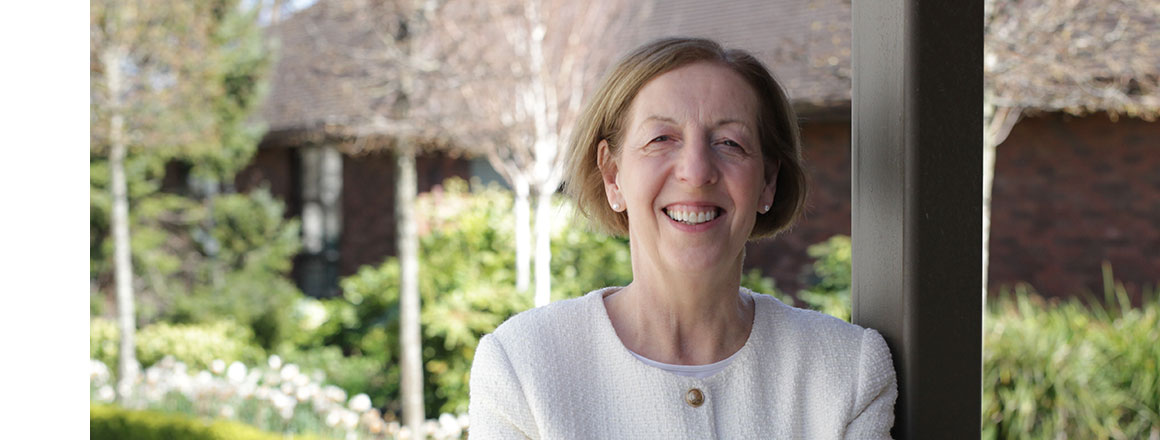Our specialist team:
The team includes:
- Consultants in Palliative Medicine / doctors
- Nursing team
- Occupational therapists
- Physiotherapists
- Medical social workers
- Dieticians
- Clinical pharmacists
- Speech and language therapists
- Psychologists
- Complementary and creative arts therapists
- Pastoral Care Department
- Patient Services Department
- Household, catering, maintenance and grounds staff
- Volunteers
- Students
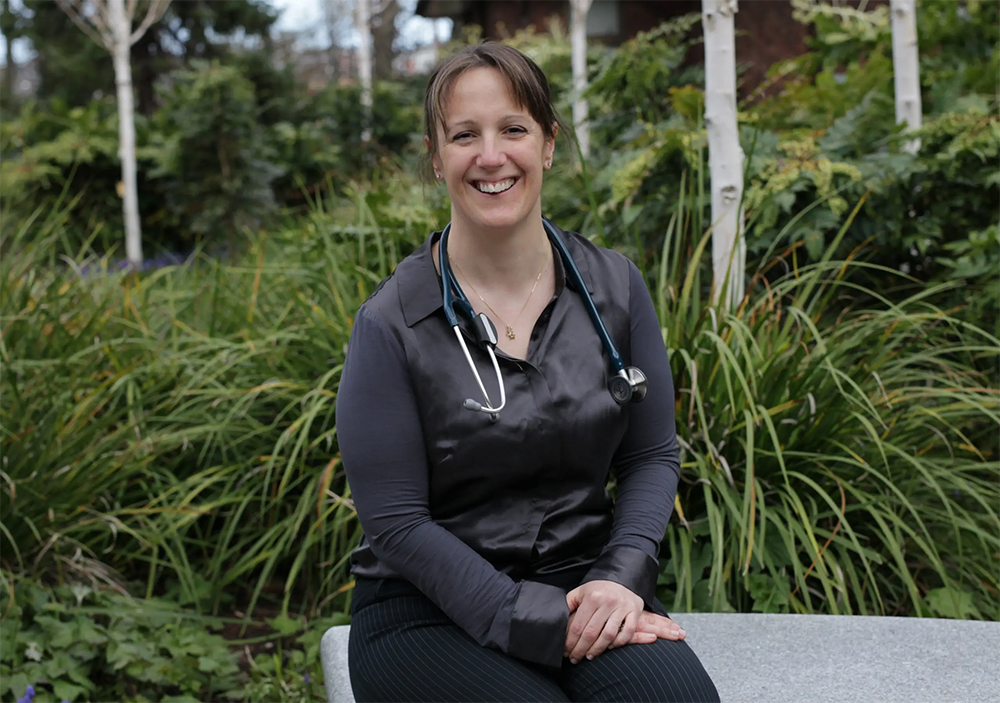
Consultants in Palliative Medicine / doctors
Our consultants oversee and direct patient care in our in-patient units and community teams. They are specially trained in pain management and symptom control. Working alongside them are junior and senior doctors who are training in Palliative Medicine. We have close links to several acute hospitals and many of our medical staff also work on their palliative care teams.
Nursing team
Our nursing team is made up of staff nurses, Specialist Nurses and Healthcare Assistants. Our staff nurses’ focus on providing quality care to each person and understand how much ‘the details’ matter. Specialist nurses, with a high level of experience and training, guide your plan of care and can represent your values and decisions to other service providers and healthcare workers. Healthcare Assistants help you with bathing, grooming, dressing and at mealtimes.
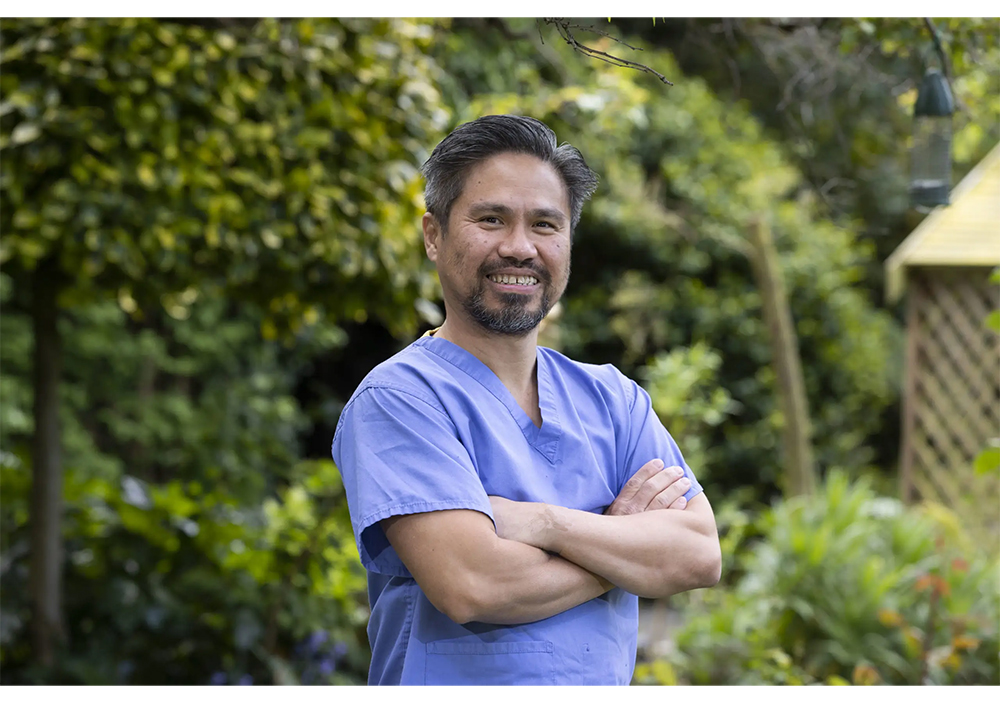
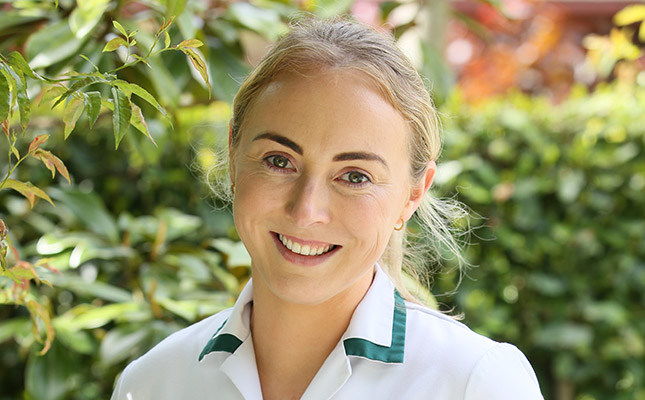
Occupational Therapists (OT’s)
Our occupational therapists aim to support your independence and quality of life by helping you to set meaningful goals. They offer practical advice on managing troublesome symptoms such as breathlessness, fatigue, anxiety and pain to enable you to continue to engage with your chosen daily activities at home or within the community.
Physiotherapists
Our physiotherapists are committed to helping patients maximise movement potential and enhance quality of life. This is achieved by managing physical challenges such as pain, muscle weakness and deconditioning, breathlessness, lymphoedema and fatigue, caused by illness and the treatment of illness. We provide an individual assessment to determine what each patient’s specific needs are and develop a treatment plan based on the outcome of this assessment. The physiotherapist works closely with each patient, using physical approaches such as therapeutic exercise (gym-based and hydrotherapy), mobilisation techniques as well as electrotherapy modalities (such as Transcutaneous Electrical Stimulation – TENS), to help that person achieve their identified movement and functional goals.
Services are delivered to in patients on all three sites and to outpatients in Harold’s Cross and Blackrock Hospices. Patients in the latter two sites also have access to the aquatic physiotherapy service.
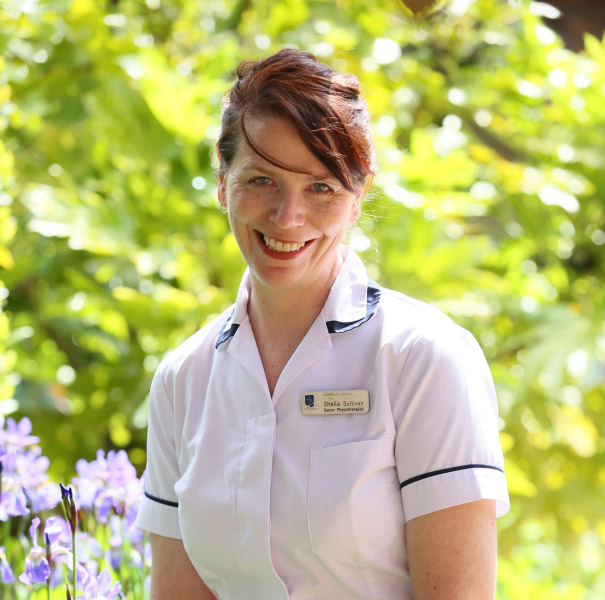
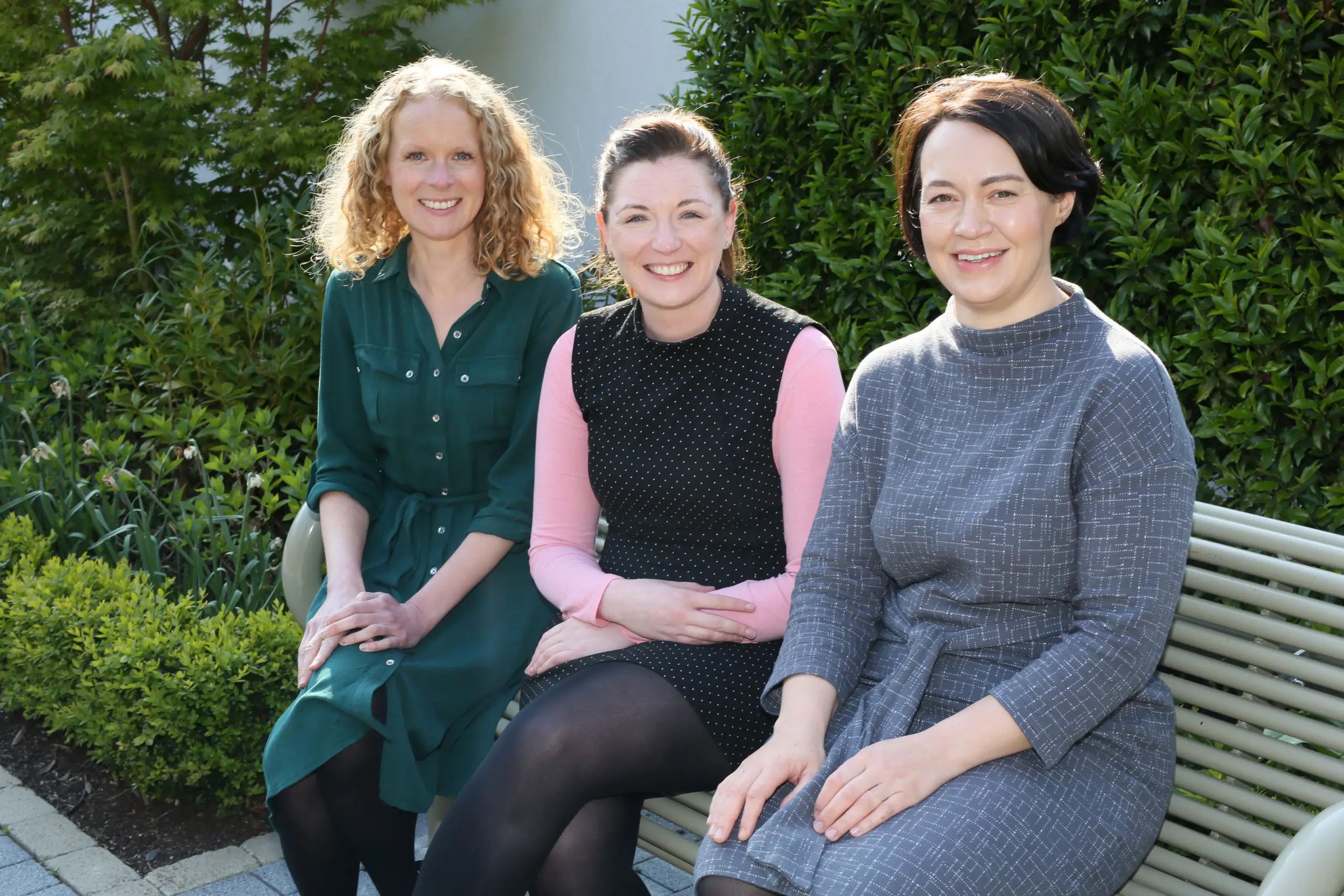
Medical social workers
Our Medical Social Workers understand that illness effects everyone differently. We offer support and counselling to patients and their families to assist with social, psychological, emotional, or practical issues you may have as a result of your illness and your particular situation.
This may include talking through worries arising from your illness, or planning for end of life care; facilitating family meetings; advising on how to talk to children about serious illness; assisting in organising future care and providing information on entitlements and community-based support services, or advocating on your behalf. As part of the social work service, we also provide bereavement support and counselling to adults and children.
If you would like to see the Medical Social Worker, you can ask a member of the multi-disciplinary team to refer you upon your admission to the service.
Dieticians
Dietitian’s diagnose and treat dietary and nutritional problems for people. These problems may include:
- having a reduced appetite
- feeling full quickly
- losing weight without trying to
- having a change in your ability to swallow food and drinks
- a change in your taste
These problems can cause you and your family anxiety and worry.
The dietitian can help, by offering you and your family counselling and support on dietary problems. They will provide you with advice and support with nutritional supplements and artificial nutrition (being fed via a tube or intravenously). They will give you the most up to date and evidence based information and will make sure the nutrition treatment plan is tailormade to fit your needs.
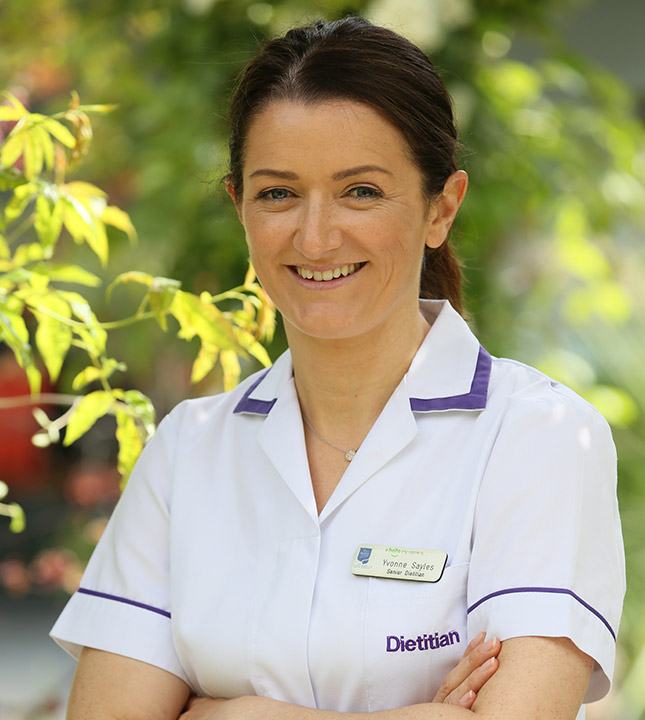

Clinical pharmacists
Pharmacists regularly advise the doctors and nurses on prescribing and giving medicines. They can also discuss medicines with you and your family or carer.
Speech and Language Therapists (SLTs)
Communication and swallowing are the most basic of human needs. Some life-limiting illnesses can affect your ability to speak, understand, and/or swallow safely. Changes in these functions can impact your quality of life by reducing your ability to make your needs known, savour your meals or swallow your medicines.
SLTs work with your speech, voice, language, and often alternative or assistive methods for communicating (AAC), including electronic devices. Working with you and the multidisciplinary team, SLTs provide individual communication strategies to help you remain engaged with the people you love, and your carers; make choices for your daily living; and participate in planning your medical care.
SLTs assess your safety, comfort and enjoyment of eating, drinking and swallowing. We provide swallowing education and therapy to you and your carers. This may include environment, and/or diet texture alterations, to help you to safely and comfortably manage the foods and drinks you like.
SLTs help you to understand and adapt to changes in your communication and swallowing and give you strategies to maintain quality of life, so you can continue to participate in your social and care preferences, as your disease progresses.
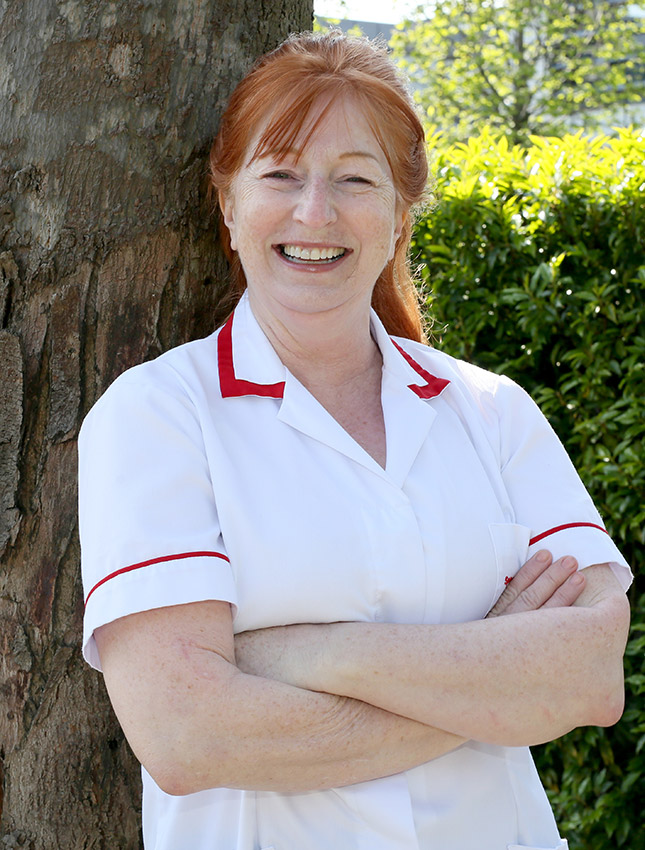
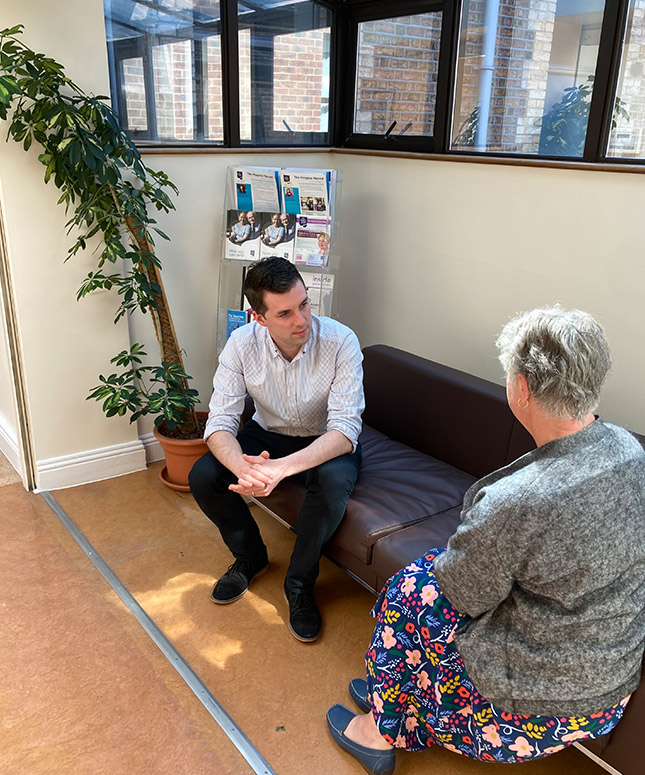
Psychologists
Psychology is the study of the mind, which involves our cognitive functioning, our emotions and our behaviours. Psychologists are experts in understanding these processes, and their relationships to brain functioning.
The role of Psychologists at Our Lady’s Hospice & Care Services is to help access, diagnose, explain and treat difficulties associated with mental health (e.g. coping with anxiety), brain health (e.g. understanding dementia), as well as physical health (e.g. changing our behaviours to improve our health).
At Our Lady’s Hospice & Care Services, Psychologists work as part of a Multidisciplinary Team and specialise in psychological aspects of people’s care.
In addition to providing direct patient care, the Psychology Service works at an organisational level within Our Lady’s Hospice & Care Services to apply psychological knowledge to promote health and wellbeing.
The Psychology Service also plays an important role in research, teaching and training within Our Lady’s Hospice & Care Services and partner universities.
Complementary and creative arts therapists
Through the use of holistic body and mind therapies, such as massage, reflexology and aromatherapy, patients and residents can experience physical, emotional, psychological and spiritual comfort, thereby enhancing their quality of life. These therapies are person-centered and patients / residents can participate in whatever way they feel best suits their needs and goals.
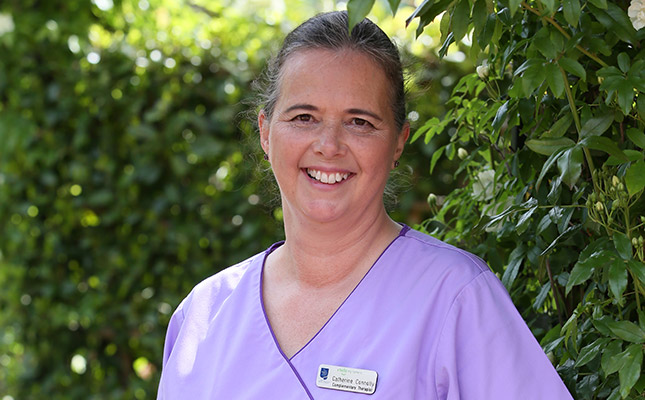

Pastoral Care Department
The pastoral care team strives to accompany patients and their loved ones on their unique journey providing spiritual and emotional support. We provide a listening and compassionate presence in which the patient is at the centre of the holistic care provided.
Healthcare chaplains explore what gives meaning to our patients and focus on their values and experiences in life.
Healthcare chaplains have strong backgrounds in multi-faith dialogue and have access to resources that help promote respect and inclusion in patient centred care.
Patient Services Department
The Patient Services Department comprises:
- Admissions office
- Clinical administration support staff
- Medical secretarial staff
- Ward clerks
- Healthcare Records Department
The Patient Services administration team work together to provide an efficient and high-quality service to patients attending our palliative care services.
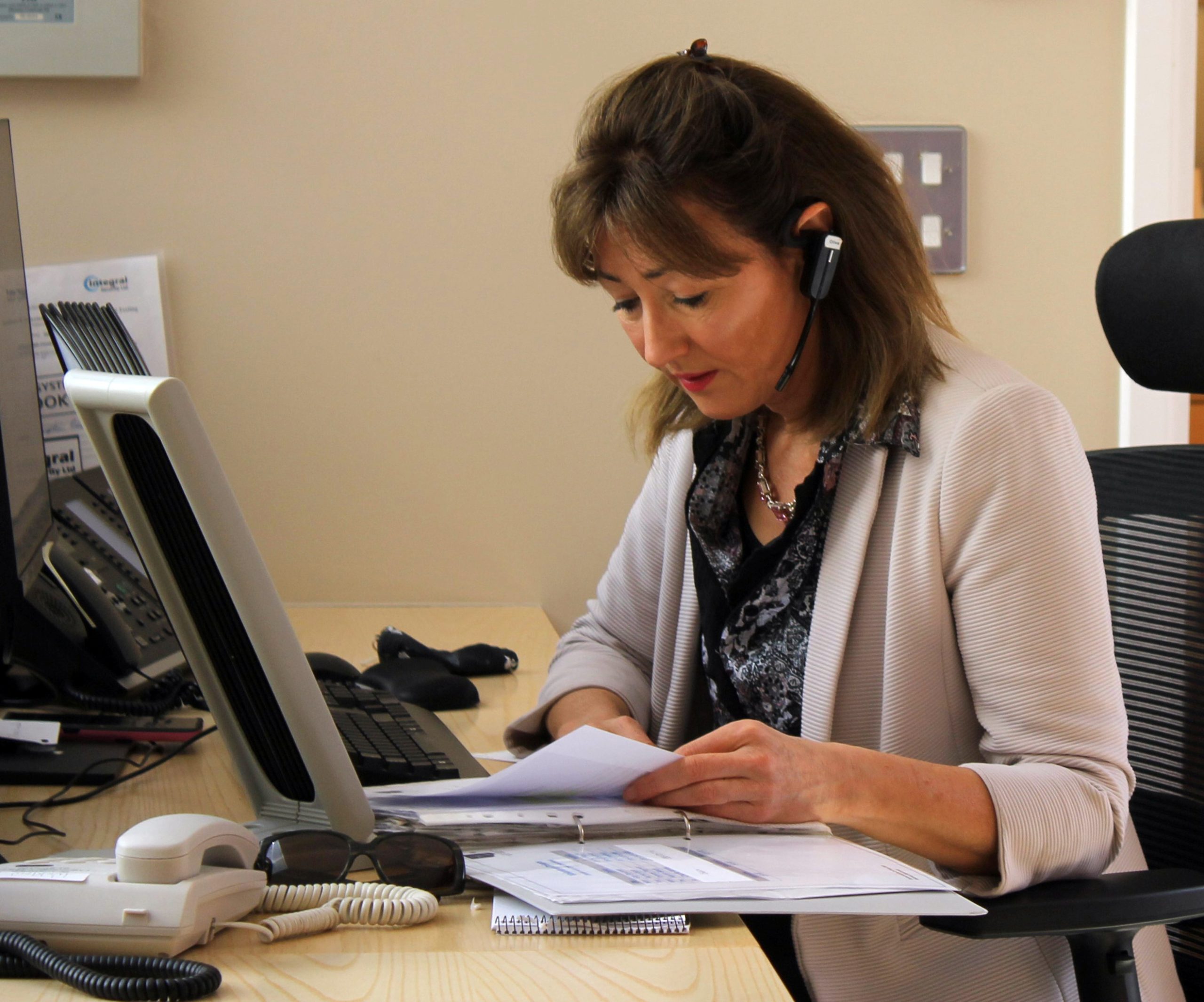
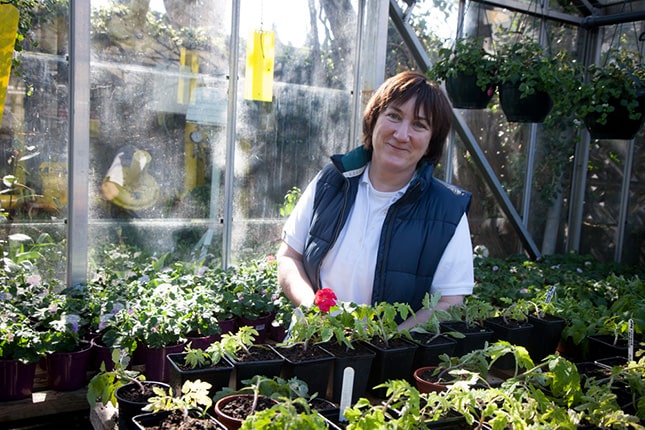
Household, catering, maintenance, security and grounds staff
Our team work across all aspects of the hospice to ensure your time with us is as comfortable as possible.
Volunteers
Our Lady’s Hospice & Care Services is extremely privileged to have the wonderful support of almost 400 volunteers across our three sites of Harold’s Cross, Blackrock and Wicklow. Our team of volunteers are engaged in all areas of the organisation and without this support we would not be able to provide the range of services that we offer to our patients, residents and their families and loved ones. Our Volunteers help in several areas of patient care including transport, helping at mealtimes, distributing refreshments and providing companionship. Our Volunteers also support in our Fundraising Department and in our Bereavement Service.
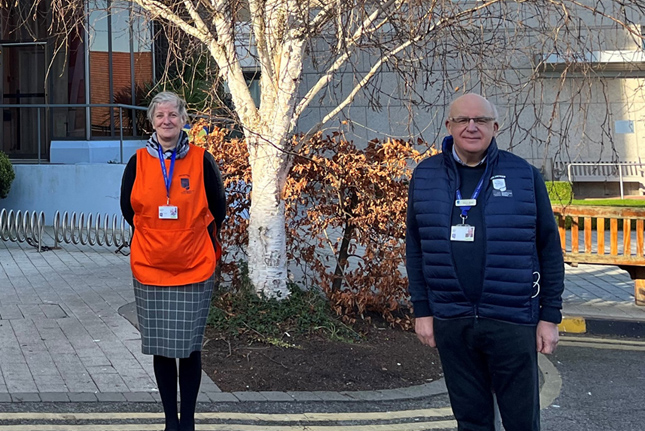

Students
As the leading and largest palliative care provider in Ireland, we are a teaching facility with links to Trinity College Dublin, University College Dublin and other third level institutions. Healthcare students from different disciplines come to us to train and you will meet them throughout our service.
Explore more
What we do
We provide Specialist Palliative Care in both our in-patient unit as well as in patient’s own homes.
How to be referred
Patients requiring our specialist support are referred to our team by their GP or hospital Consultant.
Bereavement Support
Our specialist team of staff and trained volunteers can provide support to those who have lost a loved one in our care.
